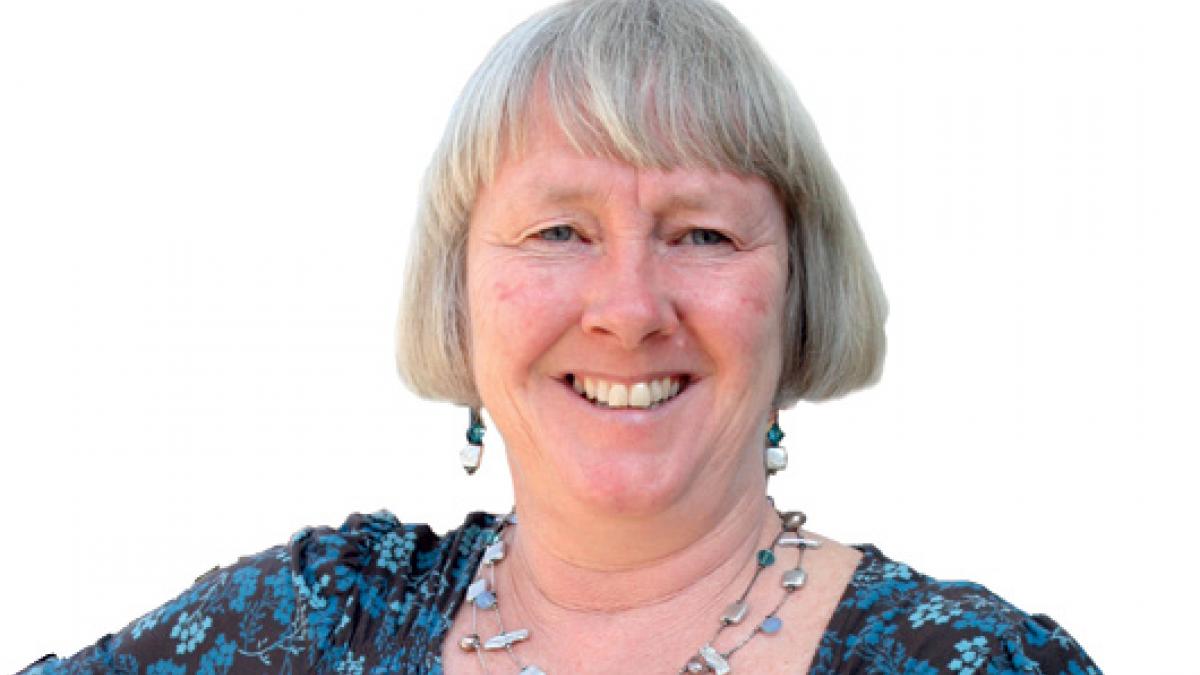CSP is calling for health services to harness the expertise of all multidisciplinary team members – to improve patient outcomes and increase cost effectiveness.

Natalie Beswetherick, the society’s director of practice and development, discussed the issue at a learning event for the Royal College of Physicians’ Future Hospital programme in London on 29 September.
The programme is about promoting patient-centred integrated and innovative models of care through inclusive leadership and engaging the whole multi-disciplinary team.
Physiotherapists and other allied health professionals (AHPs) can lead integrated teams, particularly for people with multiple co-morbidities, Ms Beswetherick told the event.
She said AHPs were often the ‘crucial bridge’ for people navigating healthcare systems, because they work at the interface between health and social care.
But there are barriers, she acknowledged. Sometimes people are stuck in ‘professional silos’, and individuals can be reluctant to share core competencies with others. There can be a lack of understanding about the skills and expertise of other professions.
Ms Beswetherick gave examples of successful multidisciplinary working – both previously reported in Frontline – in addition to the sites reporting back at the learning event. Brighton and Sussex University NHS Trust offers an award-winning virtual fracture clinic, run by an orthopaedic surgeon, advanced practice physio and an administrator, she said.
The service had reduced the number of outpatient appointments by ensuring patients are seen by the correct specialist at the right time. There were significant financial savings, totalling £250,000 a year.
She said that Greenwich Coordinated Care, a pioneering service in south-east London, had brought social workers, physios, nurses and occupational therapists into a team which responded to emergencies.
In 2.5 years more than 2,000 patient admissions had been avoided because of the immediate interventions of this joint emergency team.
Number of subscribers: 0